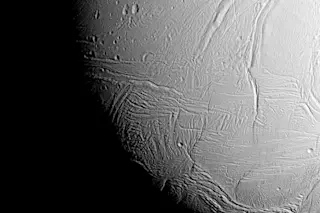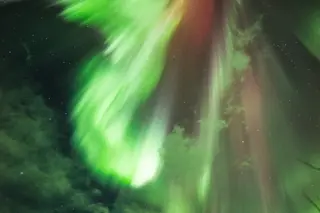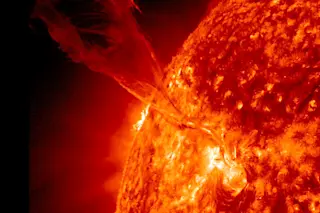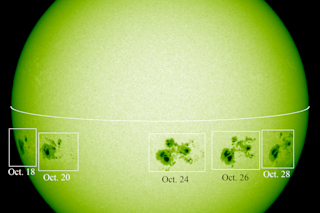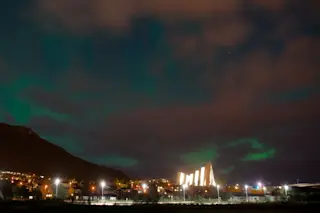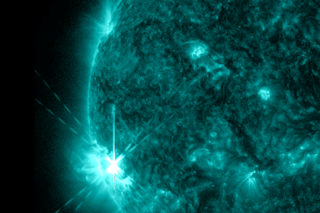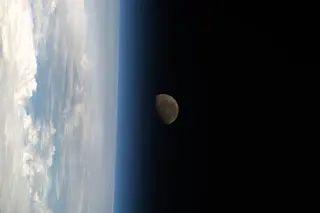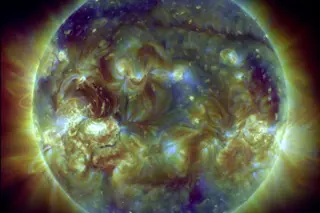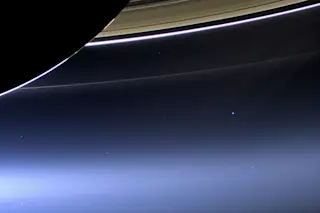Enhanced color view of Jupiter’s south pole, created by citizen scientist Gabriel Fiset using data from the JunoCam instrument on NASA’s Juno spacecraft. (Source: NASA/JPL-Caltech/SwRI/MSSS/Gabriel Fiset) When I spotted this image of Jupiter on NASA's website, I felt a bit disoriented. At first glance, it looked like a fanciful artist's conception of the giant planet. But it's actually a real image of Jupiter's south polar region, acquired by the Juno spacecraft. (Make sure to click on it, and then click again to enlarge it.) The image has been enhanced to help bring out the fine detail in that achingly beautiful filagree of swirls, eddies and vortices in Jupiter's atmosphere. But whether enhanced or not, those features are very much real. And to my eye, they also seemed eerily familiar. I soon realized what those patterns reminded me of: the swirls, eddies and vortices of surface currents in our own oceans. ...
This stunning image of Jupiter from NASA's Juno spacecraft is simply out of this world — except it's not
Jupiter's south pole patterns share stunning similarities with Earth's ocean currents, revealing fascinating dynamics of our universe.
More on Discover
Stay Curious
SubscribeTo The Magazine
Save up to 40% off the cover price when you subscribe to Discover magazine.
Subscribe

